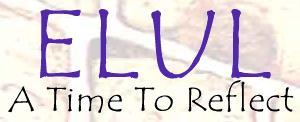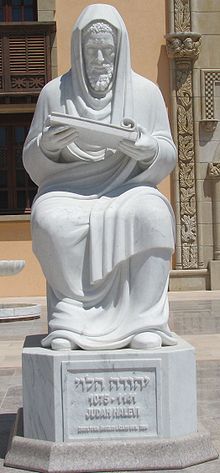It was almost thirty years ago that my colleague and teacher, Rabbi Harry Danizger, of Memphis, with a casual comment, taught me a lesson which remains with me to this day.
We were chatting about his mother’s recent death and the work of cleaning out her apartment. He quipped, “You know, Eric, we rabbis see everything midrashically.” (Midrash is a form of interpretation developed by the early Rabbis for interpreting Scripture, and even everyday events.) From Harry’s words three decades ago I have found abundant inspiration for sermons and other teachings, not only in the sacred texts of Jewish tradition, but also in the world around me.
Some years later I was dining in a restaurant in Great Barrington, MA, where I spotted a wall festooned with bumper stickers with pithy phrases, and some of historical interest. One bumper sticker caught my eye. It read, “Remember who you wanted to be.”
A few weeks later, on a summer road trip with my eldest son, I spotted that same bumper sticker on a car in front of me. Rabbi Harry Danziger’s words came rushing back to me. The “coincidence (?!?)” of sighting that bumper sticker twice in a short period of time stuck with me, and that phrase went on to become the cornerstone of my Yom Kippur eve sermon to our congregation just weeks later.
On the holiest day of our Jewish year, I thought it an appropriate message for a period of introspection and repentance. I even bought hundreds of the bumper stickers to distribute to anyone who wanted one. There’s one on the door of my study at the synagogue, and I still spot some in our parking lot from time to time. “Remember who you wanted to be.” Those words have been marinating in my soul for a long time.
In this past week’s Torah reading from the book of Genesis, we read of our patriarch Jacob’s flight from his family’s home after he has stolen his slightly-older brother Esau’s blessing as the firstborn son. On the first night of his journey to Uncle Laban in Haran, he spends the night in an as-yet unnamed place where, taking a rock for a pillow, he falls asleep. We can only imagine what must have been churning in Jacob’s subconscious. His dream has been the focus of much commentary, art, and debate for millennia. In Genesis 28:12 we read, “He had a dream; a stairway was set on the ground and its top reached to the sky, and angels of God were going up and down on it.” The dream, and God’s message to Jacob in his dreams startles the frightened young man. “Surely God is in this place, and I did not know!” he proclaims.
There are times in our lives when each of us is startled, awakened, challenged to refocus. For me, this year, Jacob’s dream speaks to me the words of that bumper sticker – “Remember who you always wanted to be.” It brought to mind words I spoke in 1977 to the admissions committee for the Rabbinic studies program at the Hebrew Union College-Jewish Institute of Religion, “I passionately want to be a rabbi. I likely will work with youth, or in one of our Jewish educational summer camps, or perhaps on a college campus.” I stated, “I will never serve as a congregational rabbi!” Almost thirty-six years have passed on this rabbinic journey of mine. The only position I have held is as a congregational rabbi.
Over recent months, “Remember who you always wanted to be” has brought that declaration back to my consciousness. I’m not certain of my journey, certainly not any more than Jacob could have been as he set out from his parent’s home for Haran. In late October I informed the leadership of my congregation, where I have served since the summer of 1999, that I wish to step down as Senior Rabbi.
In part, I think that bumper sticker’s message, and those dreams of long ago are calling me. I find myself wondering about the final active chapter of this rabbinic career. Like Father Jacob I have decided to set out. (In my case I’m not physically going anywhere as we intend to stay in Boston, and my congregation has graciously asked me to become Rabbi Emeritus.) However, for whatever years remain in my active rabbinate, I’m searching for a new, non-congregational path to serving my people and our broader community. I’m hoping it’s not a fool’s errand. I’m trusting that “God is in this place.” I’m simply listening for a different way to respond to God’s call.









